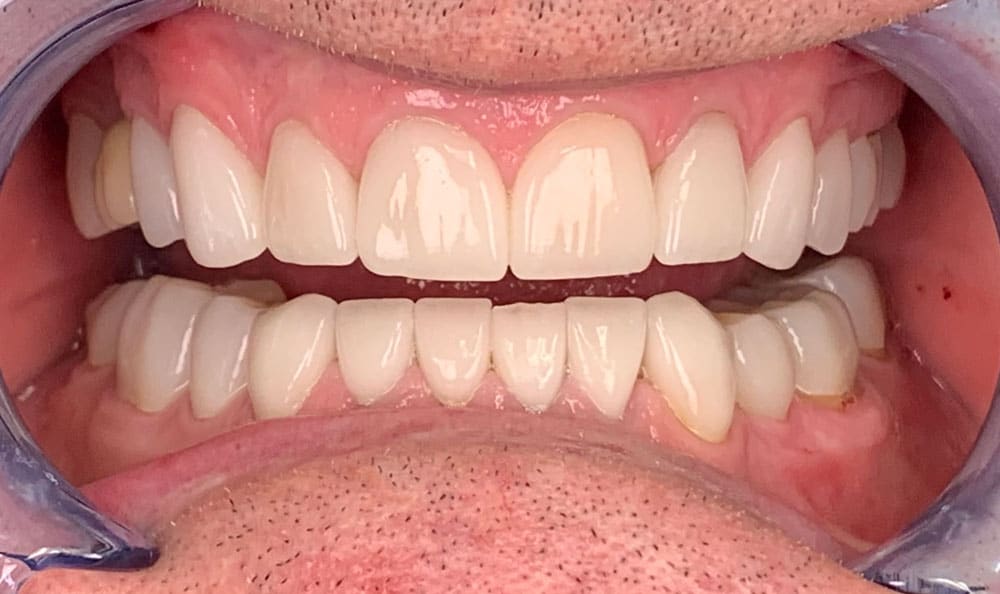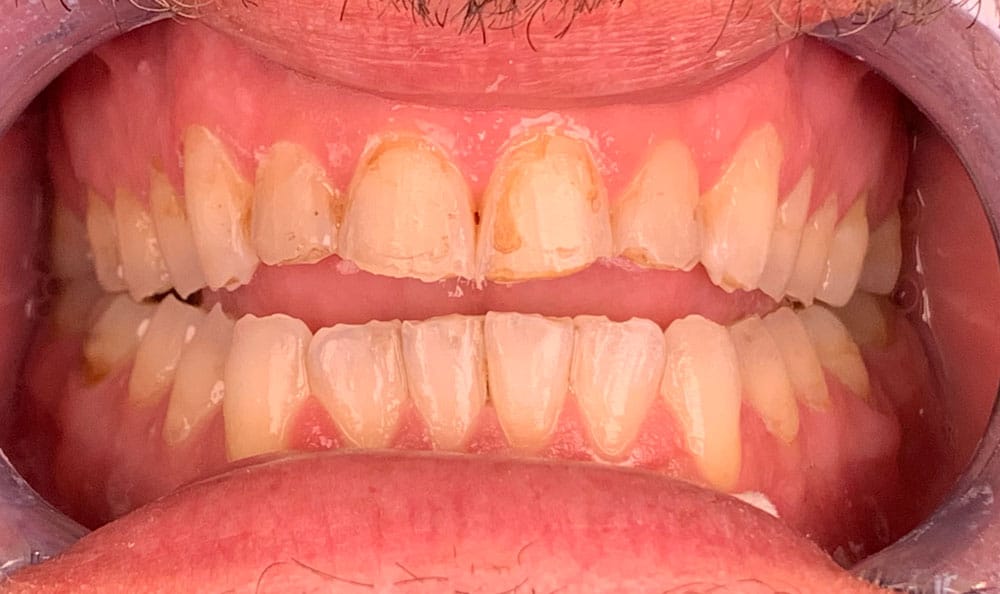How To Avoid Pericoronitis: Advice For Keeping Your Wisdom Teeth Healthy
The swelling, infection, and inflammation of the gum tissue surrounding the wisdom teeth is known as pericoronitis. The last molars, comprehended as wisdom teeth, erupt in the late teens or early 20s. It typically happens close to the lower wisdom teeth.
How to treat swollen gums near the wisdom tooth?
You can try the advice below to treat the sore gums around a wisdom tooth. It is crucial to remember that you should always see your dentist before attempting any at-home treatments.
Among the remedies for pericoronitis are:
- Oral hygiene/irrigators and rinses: Flushing your mouth with warm salt moisture may be a therapy option if the pericoronitis is localized and hasn't spread. Your dentist can give you an oral rinse or remove food particles and microorganisms.
- Pain medication: Aspirin, acetaminophen, or ibuprofen are examples of pain medications that you can use. You can also be prescribed a painkiller by your dentist.
- Minor operculum removal: Oral surgery to remove the wisdom teeth or gum flap may be required if the pericoronitis recurs or if the pain and inflammation are terrible. Your dentist can give the oral and maxillofacial surgeon the proper treatment.
- Antibiotics: See your dentist immediately if you have painful swelling in your cheek, jaw, or teeth. Antibiotics, typically penicillin, can treat the infection unless you are allergic.
- Extraction: You could need surgery to extract a wisdom tooth if it still won't erupt naturally. To prevent your higher wisdom tooth from cutting and reinfecting your gums, your dentist can recommend you have your upper and lower wisdom teeth out.
- Avoid overindulging in food: Hard or crunchy food should be avoided because biting into it may exacerbate the discomfort rather than lessen it.

Pericoronitis symptoms included:
- Lousy breath, pus-flavored food, and trouble Expanding the jaw
- Having trouble swallowing
- Swollen gum tissue
- Sensitivity Temperature
- Appetite decline
- Being sick
- Gum tissue redness
- Enlarged lymph nodes under the mandible
How can pericoronitis be avoided?
- Pericoronitis cannot be avoided entirely. It can occasionally happen even if you practice good dental hygiene.
- Every day, skim your teeth two to three times.
- Once a day, floss between your teeth.
- Twice a day, use mouthwash with antibacterial agents.
- See your specialist regularly for cleanings and exams.
- Observe the advice for treatment from your dentist.
How does my oral health get affected by impacted wisdom teeth?
Wisdom teeth that are impacted can hurt, infect other teeth, and harm them. Cleaning wisdom teeth is another challenge. Because of this, they are more susceptible to tooth decay and gum disease. After having your impacted wisdom teeth removal, you should feel ready to get back to your regular activities in 10 to 14 days.

When I get pericoronitis, what should I anticipate?
Your dentist will discuss your pericoronitis treatment options with you if they find that you have pericoronitis. If you have minor symptoms, they might monitor your health. Or they might apply medicines and disinfect the affected region.
Surgery is typically needed in severe situations. You should have your wisdom teeth extracted if they are causing you problems. Recovery from this frequent oral surgery operation generally takes a week or two, and it usually takes approximately an hour to complete.
In summary
If left untreated, pericoronitis can lead to a cascade of oral health issues as well as general health issues. The illness is easily managed if detected early and addressed. While some persons with pericoronitis wisdom tooth merely need to have the gum flap or wisdom teeth removed surgically, others may require more extensive care. Find out from your dentist which course of action is best for you.
Comments
Post a Comment